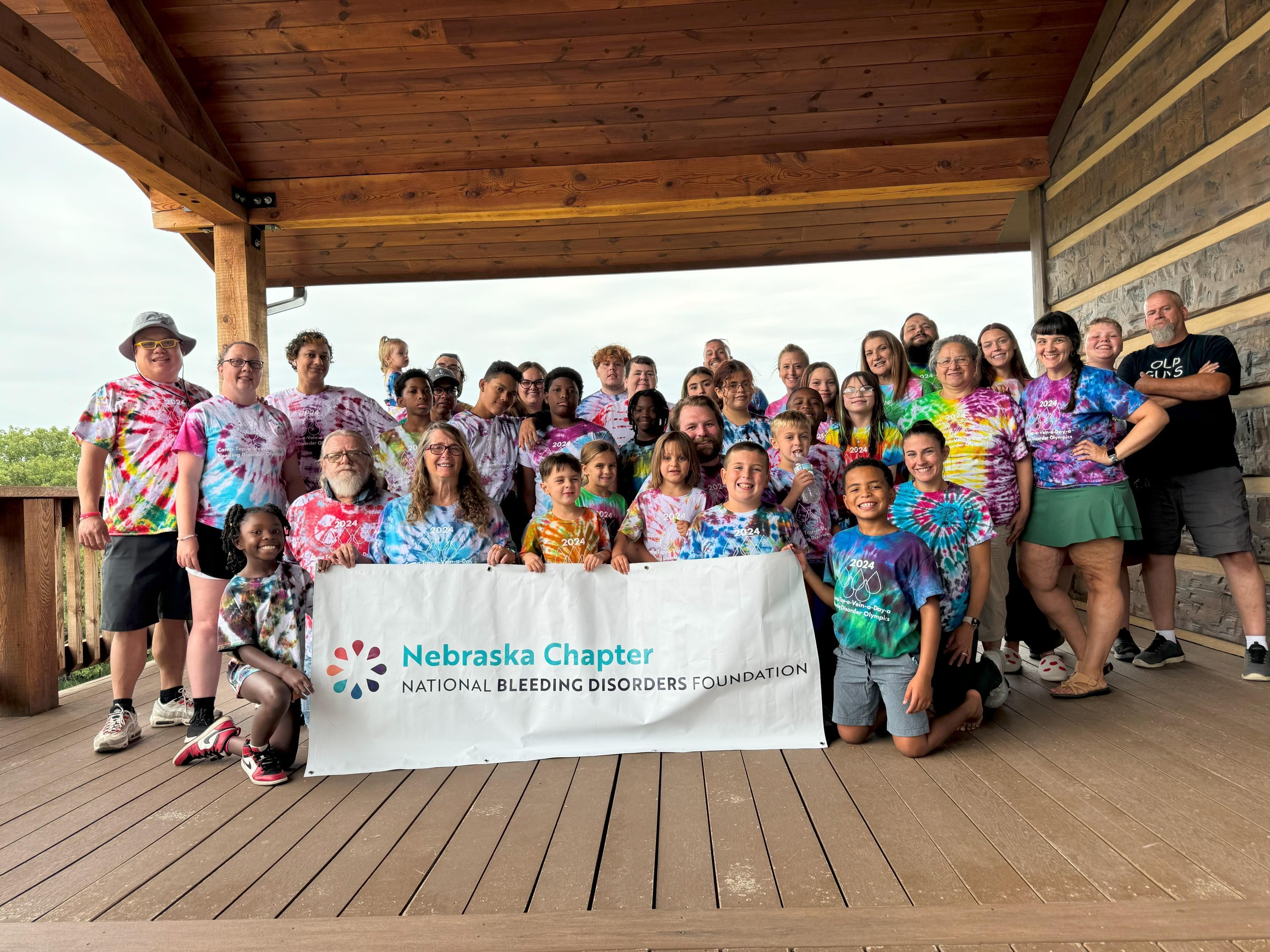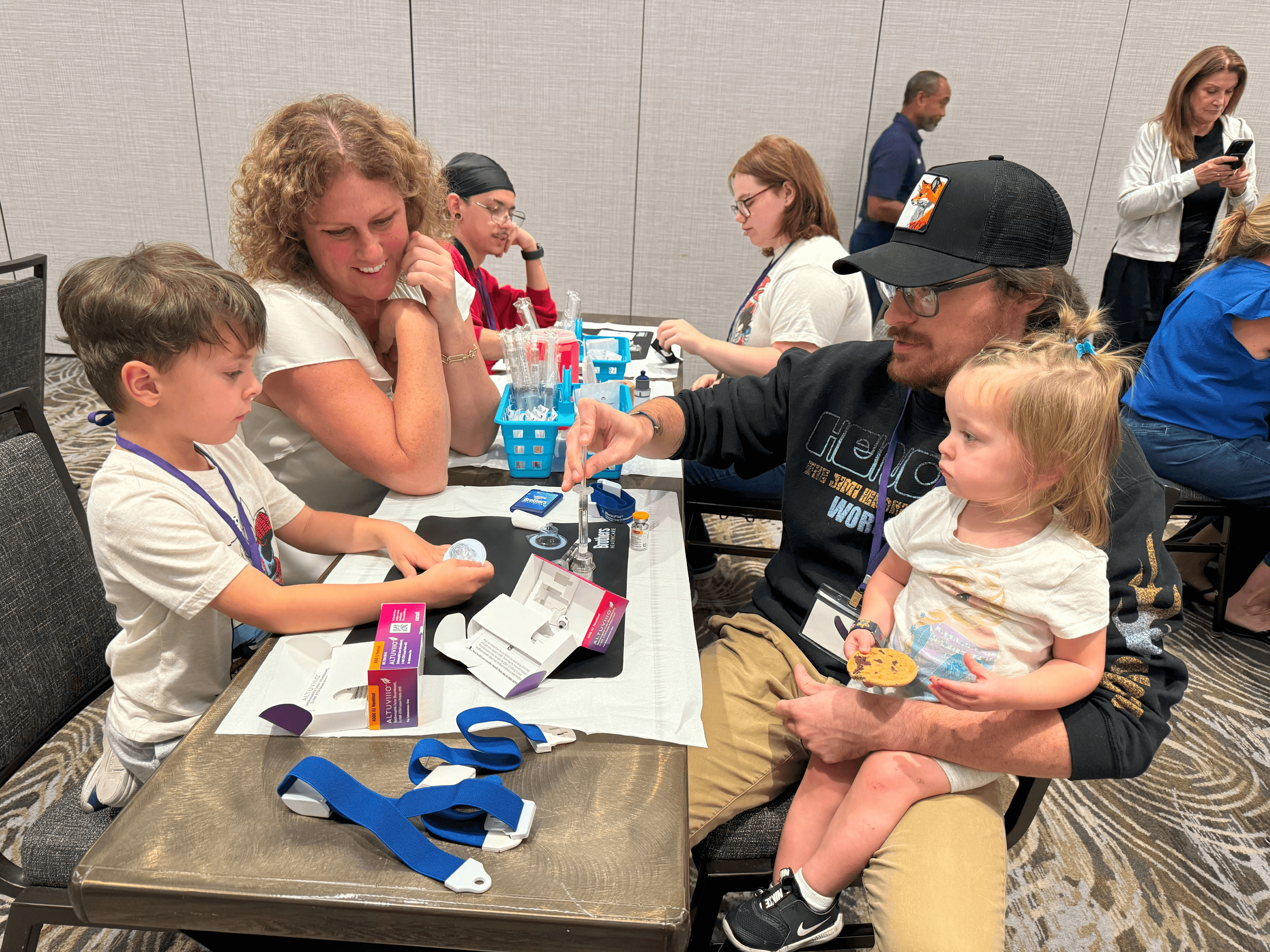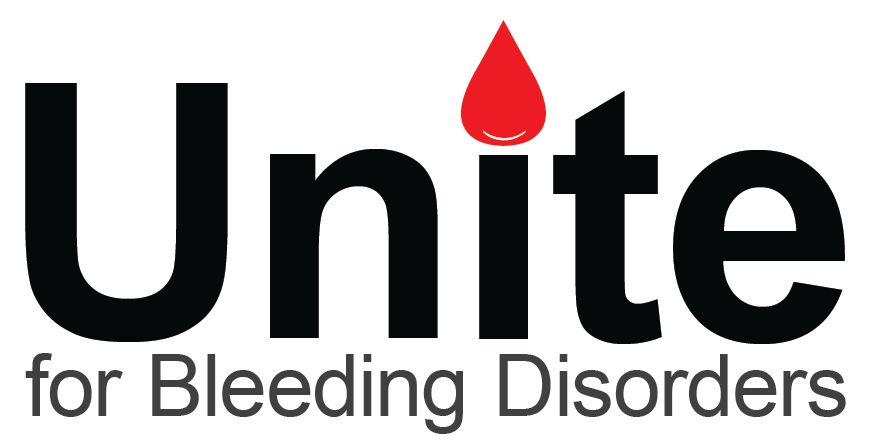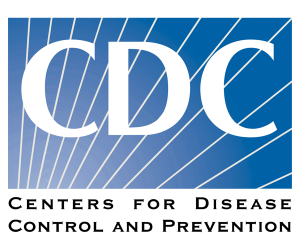Our Mission
The National Bleeding Disorders Foundation (NBDF) Nebraska Chapter is dedicated to finding cures for inheritable blood disorders and addressing and preventing the complications of these disorders through research, education, and advocacy enabling people and families to thrive.
Our Mission ... In Action
-
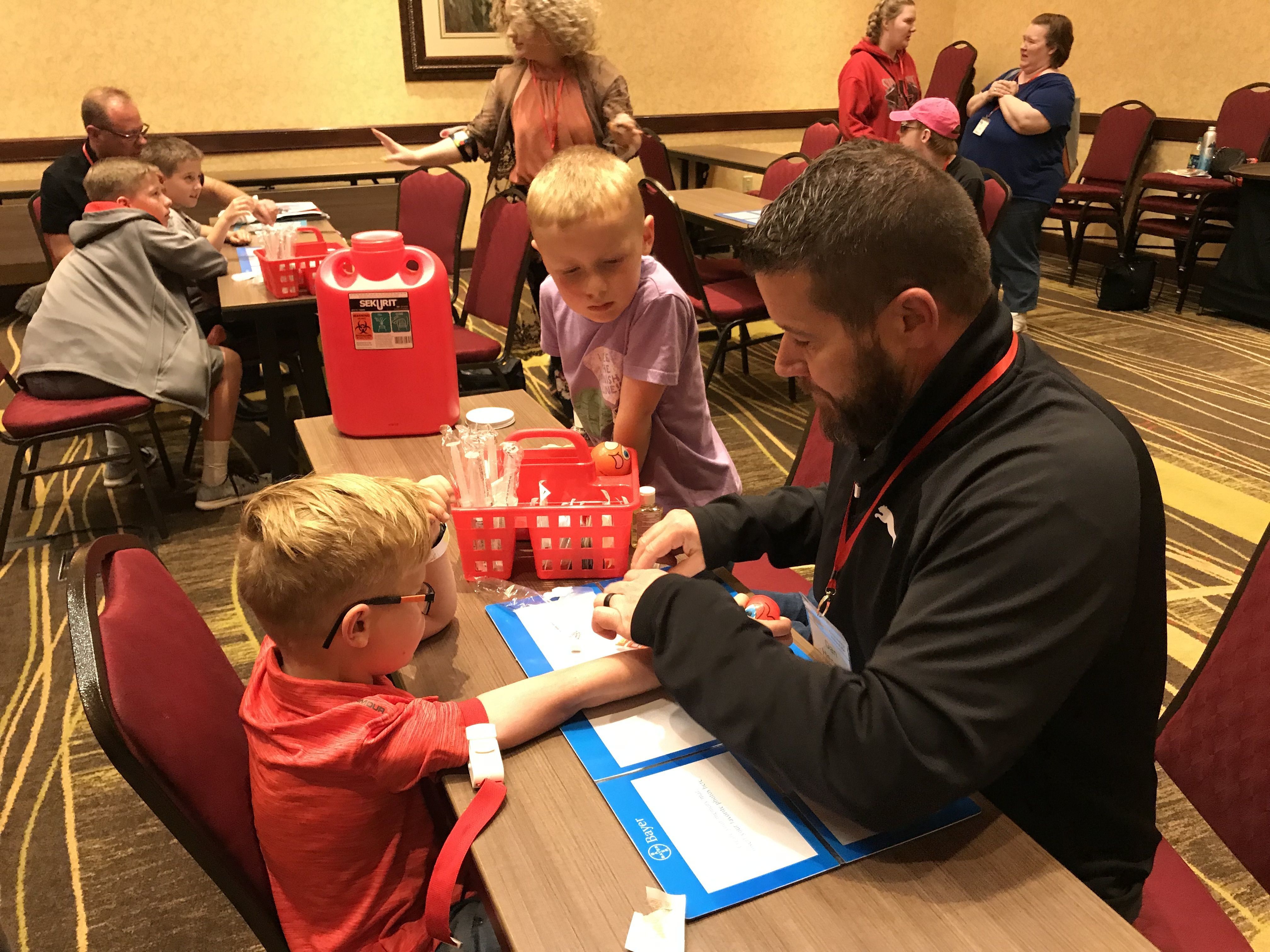 Programs
ProgramsGiving you education & support for you and your family is our top priority. Our programs will help you connect with others, give you important information on care, and gain support.
-
We fight to protect access to quality healthcare and treatments we need to live healthy lives, but we can't do it without your voice. Discover how you and your family can make a big difference by joining our advocacy efforts.
-
We provide year-round events and fundraisers to spread awareness, educate and generate crucial resources in support of our mission. We hope to see you at our next event!
News Articles
Hemab Therapeutics recently announced positive results from a Phase 2 clinical study of their investigational subcutaneous therapy sutacimig.
Sutacimig is a laboratory-engineered bispecific antibody being developed as the first-ever prophylactic treatment for individuals with Glanzmann thrombasthenia (GT), one of several diseases the company is looking to ultimately target with this investigational, sub-Q therapy.
On December 4, 2025, Representatives Kean (R-NJ), Barragán (DCA), Miller-Meeks (R-IA), Auchincloss (D-MA), Fitzpatrick (R-PA), and Watson-Coleman (DNJ) reintroduced the Help Ensure Lower Patient (HELP) Copays Act to make necessary and life-saving prescription medications more affordable for patients with rare, serious, and chronic conditions such as hemophilia, von Willebrand disease, and other rare bleeding disorders.
CSL recently announced the publication of five years’ worth of data from their HOPE-B clinical trial program, which has been investigating the company’s hemophilia B gene therapy Hemgenix® (etranacogene dezaparvovec).


